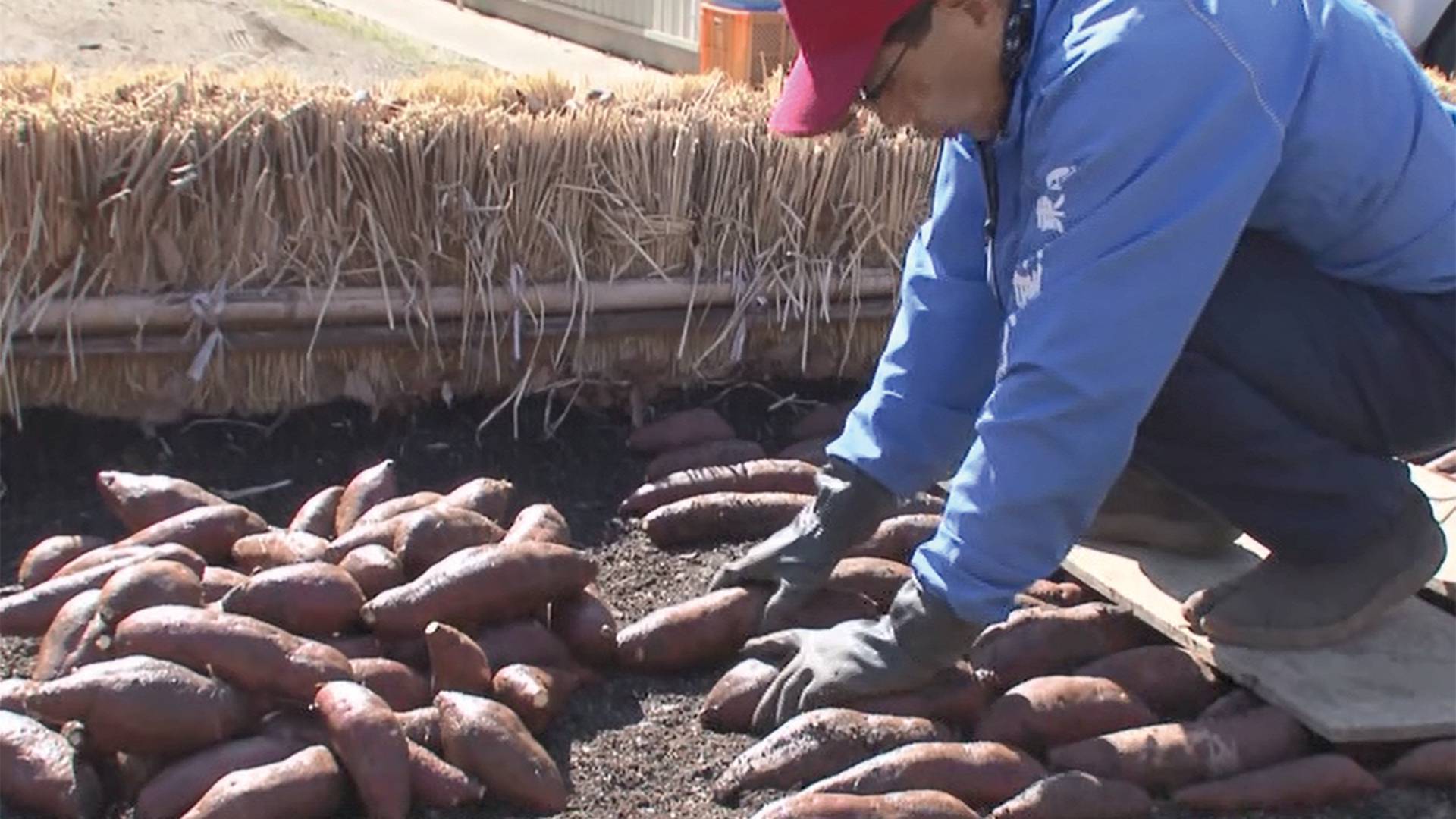In April, actress Ko Shibasaki tweeted that a bill sponsored by the ruling Liberal Democratic Party to revise a law administering seeds and saplings would put farmers in a "difficult position." Agricultural issues tend to fly under the radar of most people, but Shibasaki has many followers, and the media took notice, thus broadcasting her concern to a wider audience. The government initially shelved the bill, citing the COVID-19 pandemic as a reason, but it seems to be intent on passing it during the current Diet session.
The ostensible purpose of the revision is to protect plant varieties that are important to the Japanese economy. At present, there are few measures to prevent foreign entities from growing these varieties outside Japan and profiting from their sale. For example, some fruit varieties developed and registered in Japan are grown and sold in China and South Korea without the patent-holders' permission.
But as Shibasaki's tweet implies, there is opposition to the bill, and a May 24 Abema Times article attempted to explain it. Registered plant varieties are protected in Japan, but in order for rights-holders to gain protection overseas they would have to register patents in each applicable country. The revision allows rights-holders to designate which countries their seeds can be exported to. The government would presumably block exports to undesignated countries.



